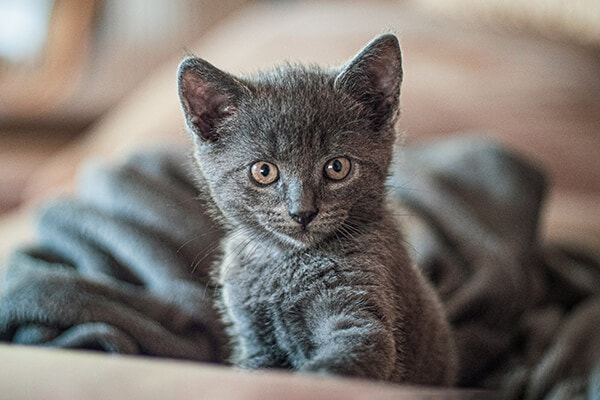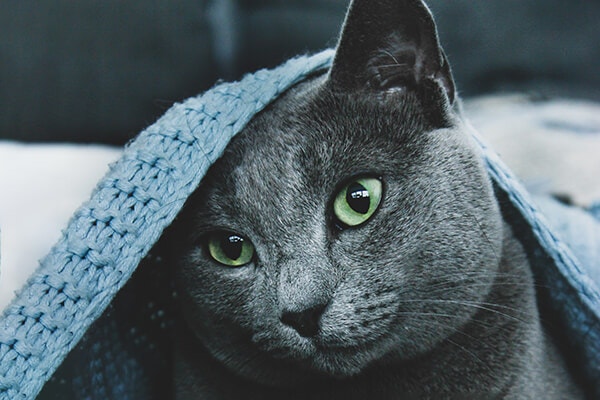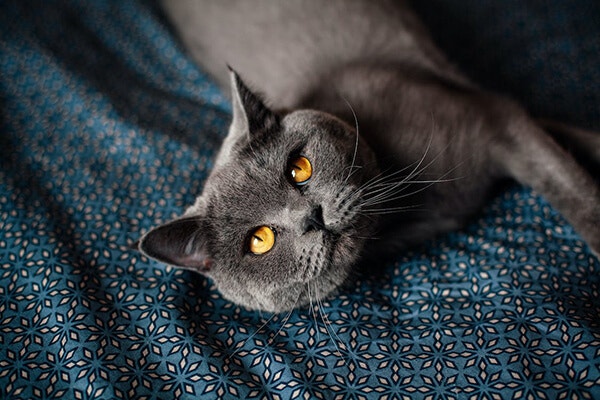- Homepage
- Blog
- Bonding & Care
- Caring For A Cat Tips Advice
Caring for a cat


Share
Whether you are a beginner with a new kitten or bringing an older cat into your home, we can answer all your questions on how to care for a cat. By following some key principles, you’ll discover that looking after the basic needs of a kitten or a cat, from feeding to showing them affection, is much easier than you think.
Is a cat easy to take care of?
Yes, cats are easy to take care of on some levels. Generally independent, cats are self-sufficient creatures who seem to adopt you, rather than the other way around! Although they don’t require any formal command training or taking for walks, cats still have a variety of needs. For example, grooming is still important and training for activities, such as being in a carrier for vet visits, certainly helps. Understanding the best way to approach caring for your cat is a big part of the excitement of welcoming a cat into your home.
What do cats need?
All of your cat’s physical and mental needs should be taken care of when you follow our six F.E.L.I.N.E principles of cat care:
- Food
- Entertainment
- Love
- Inoculations
- Naps
- Empathy
With just a little effort needed to follow them, you’ll soon be enjoying a rewarding and loyal relationship with your cat as a result.
F is for cat food – What food should I feed my cat?
Giving your cat the right food in the right quantity is fundamental to successfully caring for your cat. Their diet should include wet food as it:
- has a moisture content of up to 80%
- provides cats with a large part of the water they need every day
- fuels a healthy body and nervous system by being protein-rich
- mirrors the diet a cat would naturally enjoy from catching prey
The quantity of food given should be determined by the weight of your cat, with an average-sized adult cat needing around 5 ounces (142g) of cat food per day. To find out more about cat feeding, take a look at our articles on ‘Wet vs Dry food’, 'How Much Wet Food To Feed Your Cat’, as well as detailed information for new cat/kitten parents on ‘What You Should Feed Your Kitten’.
E is for entertaining your cat – How can I entertain my cat?
Cats are at risk of becoming bored or overweight if they are inactive, so it’s important for owners to keep their cats entertained and active.Cats are intelligent with a huge sense of fun, so making time for play is a key part of caring for your cat. Playing occurs naturally as cats are born hunters who enjoy chasing, climbing, stalking and pouncing as part of catching prey. Re-creating these activities with toys and games will not only provide mental stimulation but helps to build a deeper relationship with your cat. For more ideas on playful fun, read our article on ‘How to Get a Cat to Like You’.
L is for loving your cat – How can I show my cat love?
Caring for your cat means, more than anything, loving your cat. Although cats can seem distant and solitary, human companionship is sought-after and is relished by most felines. Some cats like to be stroked where their scent glands are located, such as the chin and cheeks, while other cats may prefer you to groom them as an act of intimacy. Every cat is different but when you find their sweet spot, your affection towards your cat will be reciprocated. Cats also show their love for you in many ways including head bumping as a warm hello, and purring with delight at your touch. To discover the secrets of giving and receiving cat love, why not check out ‘How Do Cats Show Affection?’.
I is for kitten and cat inoculations – What vaccinations does my cat need?
Vaccinating your cat against infectious diseases is a must. It will not only protect your cat, but stop them passing on anything nasty, such as cat flu, to other cats locally. The RSPCA recommends that your kitten has “two sets of vaccinations to get them started - their first set at nine weeks old and a second booster set at three months old. After this, cats usually need 'booster' vaccinations once a year”. As well as vaccinations, it’s important to protect your cat by giving regular worming and flea treatments. Getting your cat microchipped is also a responsible thing to do, and you may decide that neutering is a good option to prevent unwanted breeding.
N is for cat naps – How often should my cat sleep?
Daily cat naps are crucial to the well-being of your cat. As one of nature’s hunters, your cat will be physiologically programmed to conserve energy for catching prey at dawn or dusk when all their senses need to be on full alert. On average, cats sleep for 15 hours a day, so when thinking about how to look after your cat, try to set aside spaces where they can nap while feeling secure and warm - particularly in busier or noisier households. Cats love to have a variety of different beds to choose from, so why not consider some cosy options such as cat igloos, or even a cardboard box with a blanket inside will do the trick. Find out more about your cat’s napping needs by reading ‘How Long Do Cats Sleep in a Day?’.
E is for empathy and understanding your cat
Our final principle in caring for your cat is to show them empathy by being aware of their unique needs. Cats have their own wonderful qualities, which are different from those of dogs. By learning and understanding that your cat sometimes needs time to themselves, and what is threatening to them, you’re on your way to being a successful cat parent.
If your cat is new to your home, a good tip is to always let your cat come to you. Giving your cat a bit of space and allowing them to choose when to interact with you, will grow their trust and confidence. Another good idea is to build an understanding of your cat's body language, from a curved tail tip that says ‘stroke me now’ to a twitching tail that signals irritation. Being aware of how they respond to the world around them and certain situations, you will be on your way to building a strong bond with your cat.











